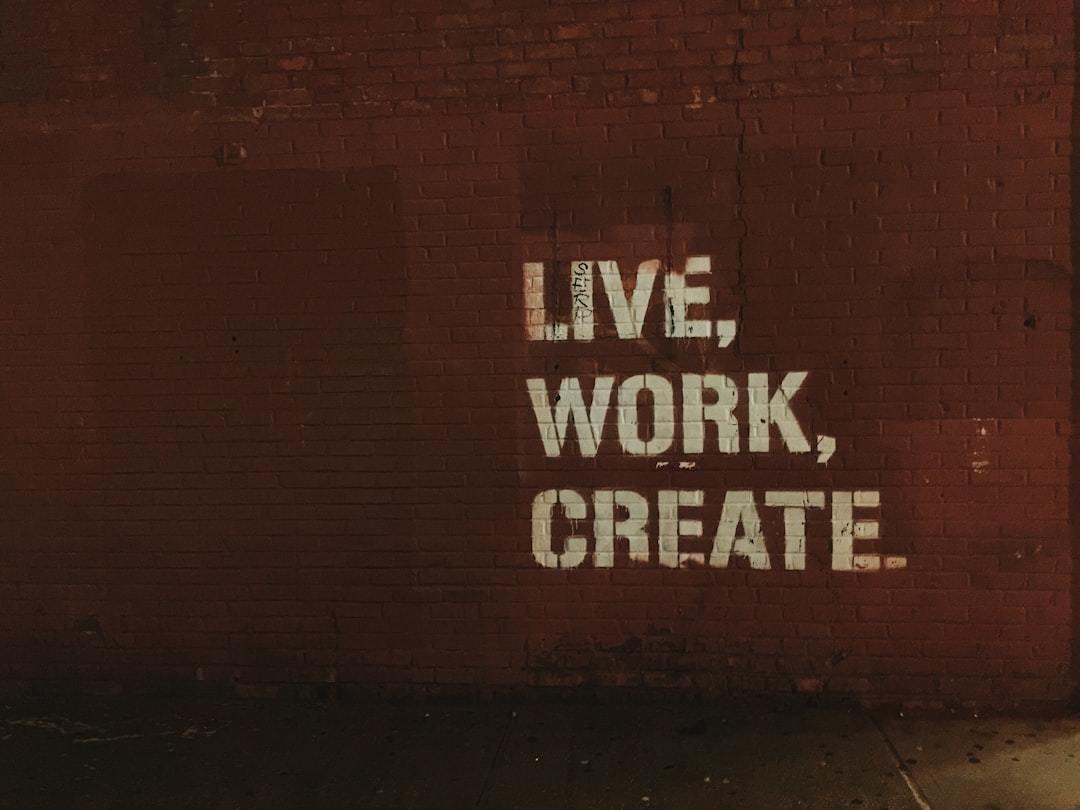Work-life balance in startups… it’s often more of a myth than reality, right? The startup world is known for its hustle culture and long working hours. It’s a world of long days, overflowing to-do lists, and the feeling you should always do more. You’re not alone if this struggle feels intense.
So how do startup founders, investors, and marketing leaders navigate these challenges and protect their well-being? There isn’t a one-size-fits-all approach. But there are actionable strategies to create a healthier, sustainable pace. This improves effectiveness and employee happiness.
Table of Contents:
- The Startup Grind: Why Work-Life Balance Is So Elusive
- Rethinking Work-Life Balance in Startups: A Practical Approach
- Thriving, Not Just Surviving: A New Vision for Work-Life Balance in Startups
- Conclusion
The Startup Grind: Why Work-Life Balance Is So Elusive
First, let’s acknowledge the beast: Why is work-life balance in startups so challenging? Many high-profile founders, like Elon Musk, talk about insane work hours, even reportedly sleeping under his desk (source).
But emulating that isn’t healthy or productive. A Stanford study showed productivity drops sharply after a 55 hour week (source). Working more doesn’t equal better results. The real pressure stems from the high-stakes, limited-resource nature of early-stage ventures.
Nearly 90% of startups fail (source). That weight bears down, causing founders to stretch thin. This creates a ripple effect across the company. Your job often evolves as the company scales, and rapidly at times, so you’re juggling ever-changing priorities. Consider delegating tasks when possible.
Rethinking Work-Life Balance in Startups: A Practical Approach
Work-life balance in startups isn’t about rigidly separating work from your personal life. This blend is often unavoidable. Instead, think of work-life integration.
Setting Boundaries
Create a dedicated work area if you can. Set clear work hours and communicate those to colleagues.
This has meant physically stepping away from my work area after work hours to regain a healthy work life balance. Use technology to assist with boundaries.
IVR technology (or a smart virtual assistant) can triage calls after-hours. You can also schedule emails to avoid being “always-on.” Resist working during off-time, even though it is tempting. Set boundaries to maintain a personal life and establish a work area for focus during work hours. Try hard work within set work hours instead of long hours bleeding into personal time.
Prioritizing and Delegating
Prioritizing is critical in startups because not all tasks are equal. Tackle high-impact tasks during peak energy hours. Ruthlessly prioritize to know what’s truly urgent. Delegate to team members or outsource anything not within your expertise.
Protecting Your Time
Avoid multitasking, which fractures your attention. Focus on completing one task before starting another. Take short breaks to re-energize.
This ensures tasks don’t blend into your evenings or weekends (resource). Having a good work-life balance will improve your output.
Fostering a Culture of Balance
If you’re in leadership, promote balance for the team. Create opportunities for flexible or remote work options. But set clear guidelines for effectiveness.
Model these boundaries for your employees. Start open discussions and avoid sending late-night emails, which create response expectations. Promote transparency as a founder because your actions impact team morale.
Set realistic deadlines and celebrate major wins. Encourage regular time off. Taking advantage of rest *creates* rest. Having good work-life balance enhances mental wellbeing for you, your team, and your family. This will increase employee retention and avoid many problems that stem from long days.
Thriving, Not Just Surviving: A New Vision for Work-Life Balance in Startups
Startup life, without balance, is a dangerous sprint toward burnout. Burnout causes significant personal and financial toll, contributing to startup failures. Work-life balance means acknowledging it’s a marathon, not a sprint.
Investing in Yourself
Protecting your energy goes beyond daily work. You’re your most valuable resource. Regular breaks are like pit stops to prevent overheating.
What does your mind and body need to recharge? Make time to explore that and create opportunities for it. Startup founders need to focus on maintaining a healthy work-life balance for a healthy company.
Nurturing Your Network
A strong support network helps. This might involve spending more time with loved ones. It may include connecting with people inside and outside the company. These connections remind us there’s more to life than work.
Even introverts need a mental health safety net. Creating balance protects both personal and business life. Healthy work is not sustainable without healthy work-life balance.
Embracing the Long Game
This journey isn’t a dash to a finish line, but about creating something amazing. Protect your work/life balance from burnout by setting reasonable goals. Utilizing various metrics and tools to assess progress can help establish healthy boundaries and better time management.
Use the tools available at your disposal (resource) to get ahead of the burnout and promote good work-life balance for you and your team.
Conclusion
Work-life balance in startups isn’t about fully disconnecting after work. It’s about incorporating routines, rhythms, and priorities. By fostering a culture shift to protect our health, startups will find sustainable happiness.
Work-life balance creates higher performing organizations. It benefits everyone from leadership down to direct reports. It thrives by creating room for the whole person. Work life should involve good work-life habits, creating better long-term sustainability. Focus on these work-life balance tips to foster a better startup culture and help set the tone for other startup companies as well.
Subscribe to my LEAN 360 newsletter to learn more about startup insights.





